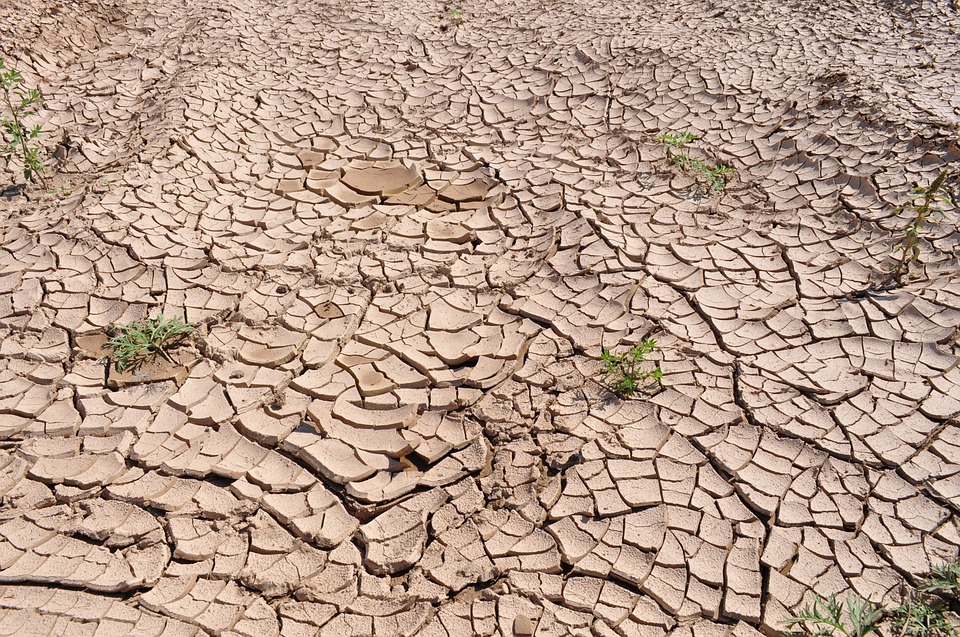Introduction
Global warming, also known as climate change, has been a topic of concern for decades. Scientists have been studying and analyzing the impacts of human activities on the Earth’s climate. However, with the rise of misinformation and skepticism, some people question whether global warming is still a relevant issue. This article aims to address this question and shed light on the current state of global warming.
Evidence of Global Warming
Multiple lines of evidence support the existence of global warming. Temperature records show a clear upward trend, with the last decade being the warmest on record. Glaciers are retreating, and ice sheets in Greenland and Antarctica are losing mass at an accelerating rate. Sea levels are rising due to the thermal expansion of seawater and the melting of land-based ice. Extreme weather events, such as hurricanes and heatwaves, are becoming more frequent and intense. These observations provide undeniable evidence of global warming.
Human Impact
Scientific consensus agrees that human activities, particularly the burning of fossil fuels and deforestation, are the primary drivers of global warming. The release of greenhouse gases, such as carbon dioxide and methane, traps heat in the Earth’s atmosphere, leading to a greenhouse effect. The increased concentration of these gases is directly linked to human activities. Numerous studies have shown the correlation between rising greenhouse gas emissions and global temperature increase.
Consequences of Global Warming
The consequences of global warming are already being felt worldwide. Rising temperatures have caused shifts in ecosystems, leading to the extinction of species and disrupting natural habitats. Changes in precipitation patterns affect agriculture, leading to crop failures and food insecurity. Sea-level rise threatens coastal communities, increasing the risk of flooding and erosion. Moreover, global warming exacerbates health issues, as extreme heatwaves and air pollution become more prevalent.
Efforts to Address Global Warming
Recognizing the urgency of this issue, governments, organizations, and individuals are taking action to mitigate global warming. The Paris Agreement, signed by almost all countries in 2015, aims to limit global temperature rise well below 2 degrees Celsius above pre-industrial levels. Renewable energy sources, such as solar and wind power, are being embraced as alternatives to fossil fuels. Sustainable practices, such as reforestation and energy-efficient technologies, are being implemented. However, more comprehensive and collective efforts are required to combat global warming effectively.
Conclusion
Global warming is undeniably still a relevant and pressing issue. The evidence of climate change is overwhelming, with tangible impacts on our planet and its inhabitants. It is crucial to acknowledge the scientific consensus and work towards sustainable solutions. Each individual’s actions, no matter how small, can contribute to mitigating global warming and preserving the Earth for future generations.

Kyle Whyte is a notable scholar and professor at the University of Michigan, holding positions such as the George Willis Pack Professor in the School for Environment and Sustainability and Professor of Philosophy. Specializing in environmental justice, his work critically examines climate policy and Indigenous peoples’ ethics, emphasizing the nexus between cooperative scientific endeavors and Indigenous justice. As an enrolled Citizen Potawatomi Nation member, he brings a vital perspective to his roles as a U.S. Science Envoy and member of the White House Environmental Justice Advisory Council. His influential research is supported by various prestigious organizations including the National Science Foundation, and disseminated through publications in high-impact journals. Kyle actively contributes to global Indigenous research methodologies and education, with affiliations to numerous institutes and societies dedicated to traditional knowledge and sustainability. Recognized for his academic and community engagement, Kyle has earned multiple awards and served in various visiting professorships. His efforts extend to leadership positions on boards and committees focused on environmental justice nationwide.
